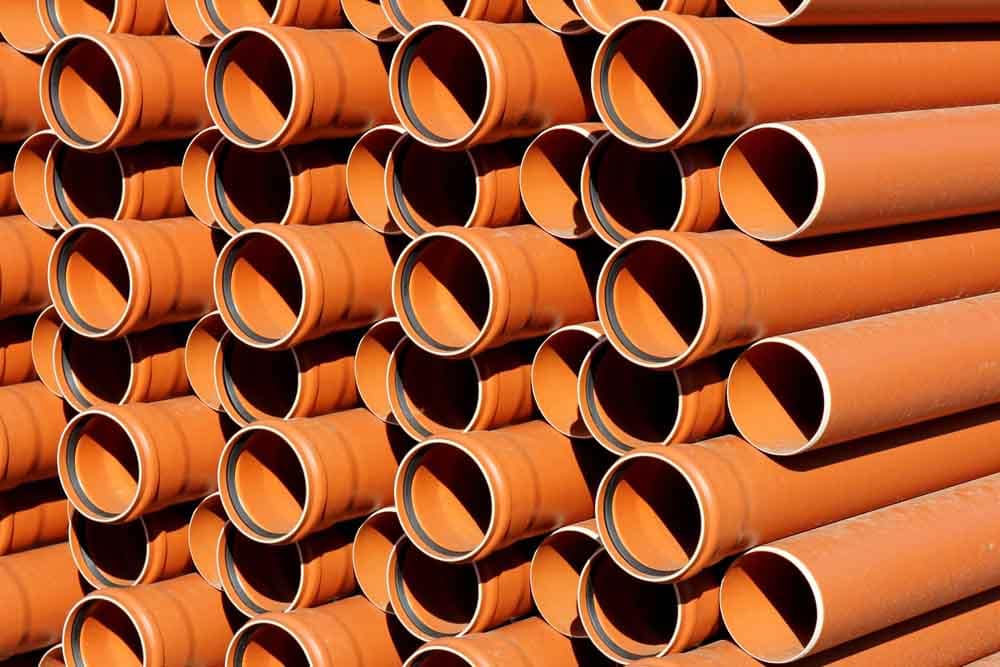
Sewer lines are built to withstand years of use and are a vital component of any property’s infrastructure, but like all materials, they have a finite lifespan. Understanding the expected service life of different sewer line materials can help you plan for sewer repair in Everett, WA before problems arise.
Knowing the expected lifespan of your sewer line material can help you plan for maintenance, sewer pipe line repair, or replacement. Let’s take a closer look at some common sewer line materials and their expected lifespans.
1. Clay Pipes
Clay pipes were a popular choice for sewer lines in older homes and buildings. These pipes are durable and resistant to corrosion, but they are also vulnerable to cracking or shifting over time – highlighting the need for rigorous sewer line maintenance. The typical lifespan of clay pipes is around 50 to 60 years. However, they can be prone to tree root intrusion and shifting ground, which can lead to breaks or blockages. Homeowners with clay sewer lines should regularly monitor their system for signs of damage.
2. Cast Iron Pipes
Cast iron has long been a favored material for sewer lines, particularly in homes built before the 1970s. Cast iron pipes are extremely durable, with an average lifespan of 75 to 100 years. However, over time, these pipes can corrode, rust, or develop cracks, especially if they are exposed to harsh environmental conditions. While cast iron is sturdy, you may need to replace sewer line as it nears the end of its life to prevent leaks and other issues.
3. PVC Pipes
Polyvinyl chloride (PVC) is a modern alternative to older sewer line materials. PVC pipes are lightweight and resistant to corrosion, making sewer line installation a breeze. They have an expected lifespan of around 100 years. PVC is an ideal material for many homeowners due to its resistance to tree root infiltration and other common issues that affect older pipes. However, PVC can become brittle over time if exposed to UV rays or extreme temperatures.
4. Orangeburg Pipes
Orangeburg pipes, made from a bituminous fiber, were commonly used from the 1940s to the 1970s. These pipes are known for their relatively short lifespan, typically lasting between 50 to 60 years. Orangeburg pipes are prone to deterioration, especially when exposed to water infiltration or shifting soil. Many homes built with orangeburg pipes have needed a sewer line replacement long before reaching their expected lifespan due to cracking and sagging.
5. Steel Pipes
Steel pipes were once a common choice for sewer lines, but they have been largely replaced by other materials. While they can last up to 75 years, steel pipes are more susceptible to corrosion and rusting. Their lifespan can be reduced depending on the conditions they are exposed to, making prompt sewer repair services essential.
If your sewer line is nearing the end of its life or showing signs of wear, contact Pro Sewer Repair for reliable solutions.
